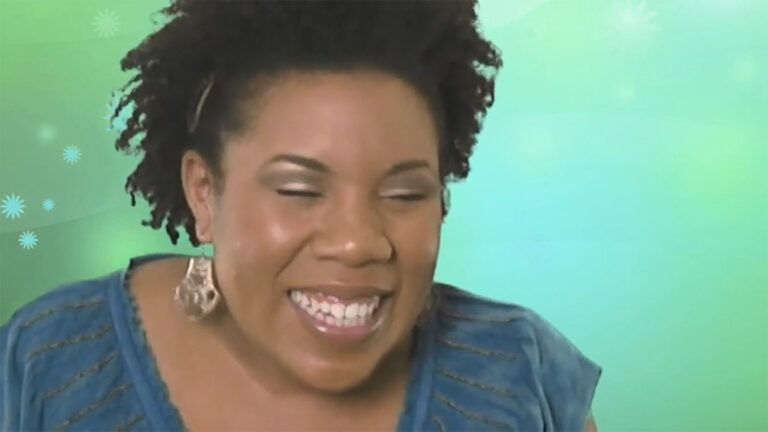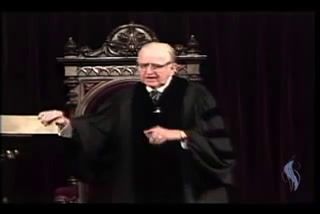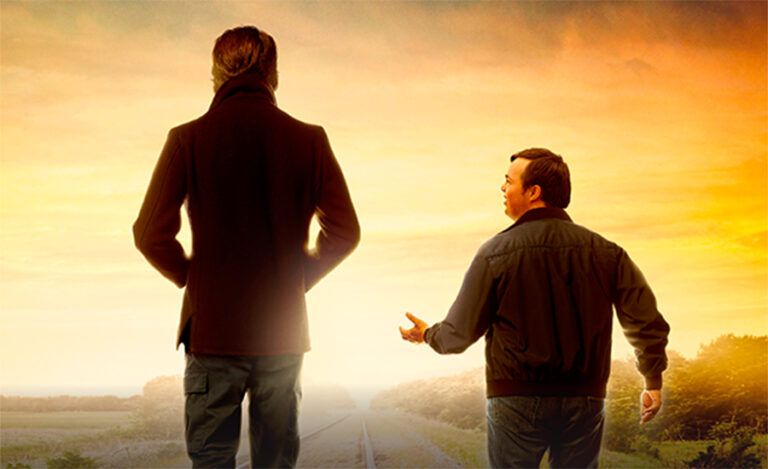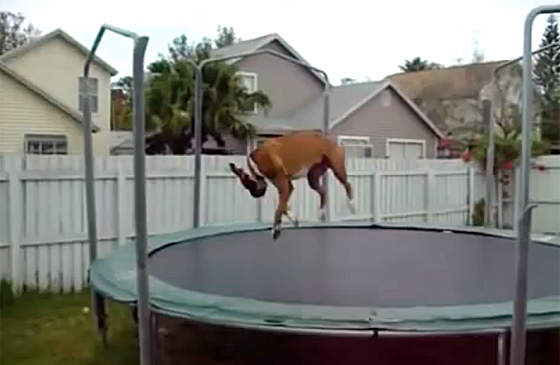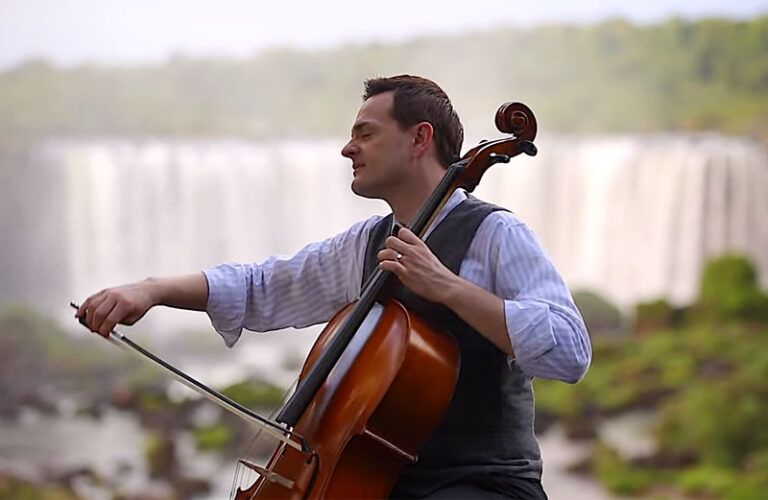
Two Faiths, One Family
Patricia Raybon and her daughter Alana, coauthors of Undivided: A Muslim Daughter, Her Christian Mother, Their Path to Peace, share how they came to reconcile their religious differences. Interviewed by Brooke Obie.
View Transcript
Pastor Jim Powell
Ten years ago, Richwoods Christian Church, where I’m lead pastor, needed a new home. At 450 members and growing, we could welcome even more people with a bigger facility. It was an answered prayer when we learned about a furniture store going out of business on a busy street in the part of the city where we ministered.
We began negotiations for the building and made an unexpected discovery. Behind the furniture store was the Islamic Foundation of Peoria, one of our city’s two major mosques. The mosque was easy to overlook, a pair of low-slung white buildings with a parking lot and a soccer field in front. Only a small copper dome over the main building suggested that it was a house of worship.
I have to confess, my first reaction to this discovery was fear.
I should have known better. Peoria is practically synonymous with Middle America, but these days our city shows just how diverse and dynamic Middle America has become. Close to half the city’s population is nonwhite—a mixture of African-Americans, Asians and Hispanics as well as people who have multiple ethnic heritages. Large multinational corporations, including heavy equipment manufacturers Caterpillar and Komatsu, have major facilities here. The city is home to the University of Illinois teaching hospital. High-skilled workers from around the world, including those from Muslim-majority countries, comprise a large part of Peoria’s population.
Given that diversity, what did I have to be nervous about? Did I worry worshippers at the mosque would try to bomb our church? Of course not. But I did make jokes about exactly that, I’m ashamed to say. Mostly I worried that members of the mosque would feel resentful we’d moved next door. That they’d be chilly toward us, or that we’d inadvertently offend them. I’d heard plenty of Muslims denounce acts of terrorism on TV. Still, I wondered whether, in their hearts, they secretly approved of religious violence. I’d always heard Muslims are commanded to spread Islam by the sword.
It’s not like me to make snap assumptions about people I’ve never met. Though Richwoods is a fairly conservative evangelical church, I’ve always had a heart for reaching beyond denominational boundaries. I grew up Lutheran, wandered away from church in my teens, then experienced a radical conversion one night when I was 21 and felt God call me out of my agnosticism into ministry. There’s nothing like a direct encounter with Jesus to make you realize that a lot of what people argue about when they argue about God is just petty and beside the point.
Despite all that, the minute I heard the word mosque, my mind filled with images from TV—radical imams, burning flags, terrorist attacks. I wasn’t sure what to do.
Thankfully, a member of our church was a doctor who worked with a doctor who attended the mosque. They arranged an informal Saturday get-together for leaders of both institutions.
I entered the mosque and found a group of guys hanging out in casual clothes playing ping-pong. We joined in, and any remaining nervousness was dispelled when one of the mosque’s board members joked that his wife wasn’t too pleased he was gone that afternoon and would have a lengthy to-do list waiting for him when he got home. We all cracked up at that. This just might work out, I thought.
Imam Kamil Mufti
I was hired as the imam at the Islamic Foundation of Peoria in 2009, one year after Richwoods Christian Church moved next door. I was born in Pakistan. I attended college and graduate school in Texas, and I’ve lived and worked in America for many years. I’ve met many Christians and spoken about Islam at churches. Having a church next door to the mosque didn’t worry me. What I wondered was whether there would be opportunities for a relationship between our two places of worship. Not all Christians I’ve encountered have been open to having conversations with people of different faiths. Mostly I expected we wouldn’t hear much from the church.
At first that was true. Apart from occasional phone calls about plowing snow or other practical matters, there was little communication. Then, in 2010, a pastor in Florida gained international attention for threatening to burn copies of the Quran on the upcoming 10-year anniversary of the September 11 terrorist attacks.
A letter arrived at the mosque from Jim Powell. “Let me assure you that the hate speech the media reports does not represent the majority of Christians, and it does not represent the mind-set of the leadership of Richwoods Christian Church,” Jim wrote. Members at the mosque were moved by that letter, which I shared with our congregation. Muslims in America know that some people do not welcome us here. It is easy to become afraid and retreat into a corner. It was heartening to receive an overture of peace and friendship from a Christian pastor. Two years later, Jim and I, along with a local rabbi named Daniel Bogard, were invited by a nearby university to co-teach a course about the three Abrahamic faiths—Judaism, Islam and Christianity.
The three of us met to talk about the course, then kept talking each evening after class, sometimes going out for dinner. We bonded right away. We all shared a passion for God as well as for the work of ministry. And we were of similar personalities—open to new ideas and confident enough in our own beliefs to listen to opposing viewpoints. After meeting Jim, I felt hopeful that my congregation could forge a close relationship with our Christian neighbors.
Jim
Teaching that university class was an eye-opener for me. I had no idea that, while Muslims’ understanding of God differs from Christians’ in many important respects, Muslims hold Jesus in high regard and share certain biblical beliefs with Christians.
Kamil and I hit it off right away. He encouraged my toughest questions and asked tough questions of his own. I realized how similar we were, both of us husbands and fathers, both of us wrestling with the challenges of leading institutions of worship.
I felt terrible about my initial reaction to the mosque. I had violated one of Jesus’ primary commandments: Love your neighbor. Jesus left no doubt what he meant by that. Throughout his ministry, he went out of his way to associate with people shunned by the religious establishment—the poor, criminals, lepers, even Samaritans, who were considered enemies by first-century Jews. Surely I could at least try to forge a stronger relationship with my church’s Muslim neighbors.
Kamil invited me to give a series of Wednesday evening talks at the mosque about Christianity. Though nervous, I tried to be as informative as possible, even sharing the Gospel. The first question I got from the audience just floored me. “Pastor,” someone asked, “do Christians really believe Jesus was born on December 25?”
I realized right there that all of us, Christians and Muslims alike, had a lot of false information about each other. What a shame if a bunch of dumb rumors spread online were preventing us from becoming friends.
I preached a four-week sermon series at Richwoods on loving our neighbor, especially our Muslim neighbors. One Sunday evening, I invited Kamil to do what I had done at the mosque, talk about Islam and answer questions. A couple hundred people showed up.
Kamil answered every question, even ones that were raw and challenging. Everyone who came walked away with a greater understanding that we have much in common.
Inviting Kamil to church was a bridge too far for some of our 1,400 members—we’d grown a lot since moving into our new building. Some churches in the area also criticized us, saying we were compromising our faith. Well, Jesus reached out to people who didn’t agree with him about everything. I’m going to keep doing the same.
Kamil
Reaching out to the wider religious community wasn’t always easy for our members either. On the plus side, some good friendships formed between our mosque and Richwoods as members got to know one another. A small group of women in both congregations began doing aerobics together. We welcomed members of Richwoods to attend Friday prayers to learn more about us. We also held open house events, inviting the whole community to visit and share fellowship.
But some members at the mosque worried we were gaining too much attention, especially after a series of public forums on tolerance held in Peoria following a terrorist attack in San Bernardino, California. Some Muslims feel it’s better to keep a low profile.
My friendship with Jim only deepened. Early on I could tell he was genuinely interested in friendship with me and members at the mosque. He did not see us as opponents or as objects of conversion. Instead he listened, looked for areas where we agreed and didn’t allow our disagreements to foreclose the possibility of a relationship. He approached our conversations with humility. I tried to do the same.
I remember once when we hosted an open house at the mosque and many members of Richwoods came to learn more about us, including Jim. The event was packed, and we ran out of chairs. Jim offered to bring some chairs over from Richwoods. He and a few others from the church went next door and returned with stacks of chairs. I noticed Jim carrying one of those stacks himself. Right then, I knew he was a true man of faith, not too proud to carry a stack of chairs.
Recently I took a new job as imam of a mosque in Texas. Jim and I don’t see each other these days as often as we used to, but we remain in touch. We will always be friends. Knowing Jim has helped me grow in my own faith, and it has deepened my conviction that there can be peace among people of different faiths if we set aside our false assumptions and take the time to get to know one another with open minds and open hearts.
Jim
My faith has grown too. I think it’s easy to underestimate the importance of those words Love your neighbor. Love doesn’t just mean be nice to someone as long as they don’t think differently from you. It definitely doesn’t mean avoiding people because you happen to read a bunch of nonsense about them online.
Genuine love means getting to know people, looking past the surface and being willing to open up and make yourself available. I’m glad Kamil and I, together with our congregations, took that step. Growing closer to one another, we grew in faith and love.
For more inspiring stories, subscribe to Guideposts magazine.

